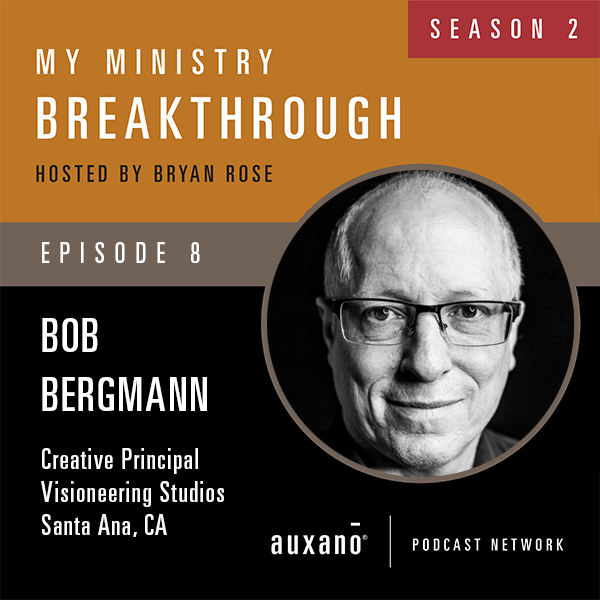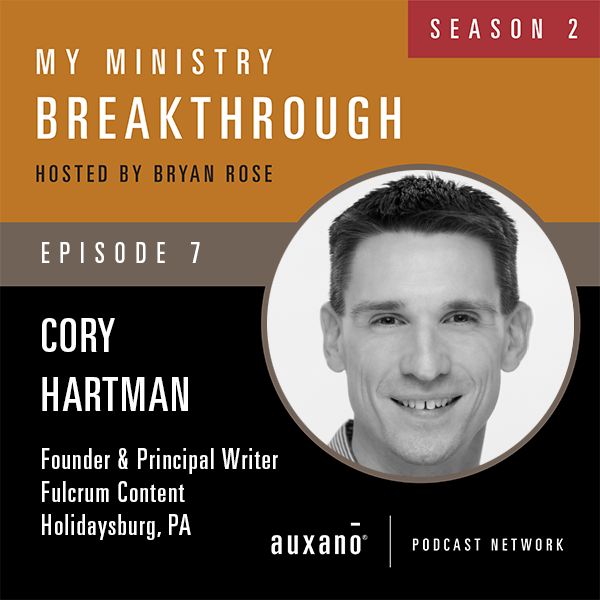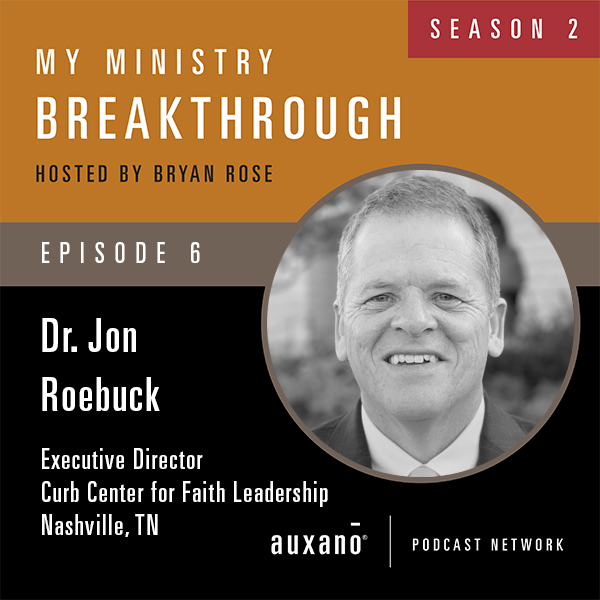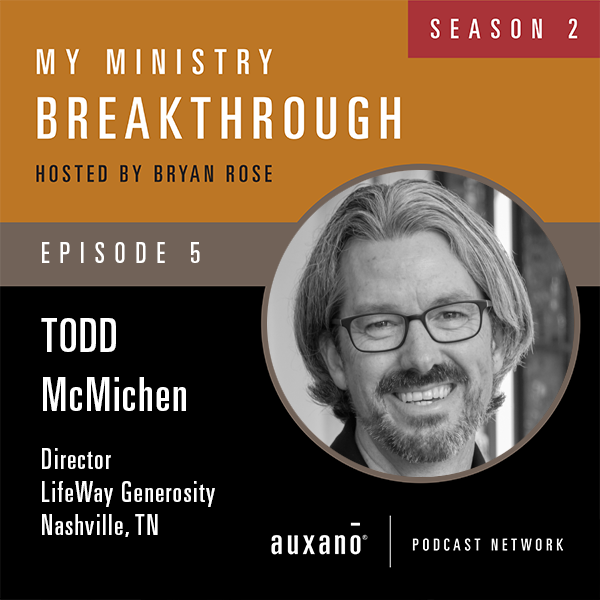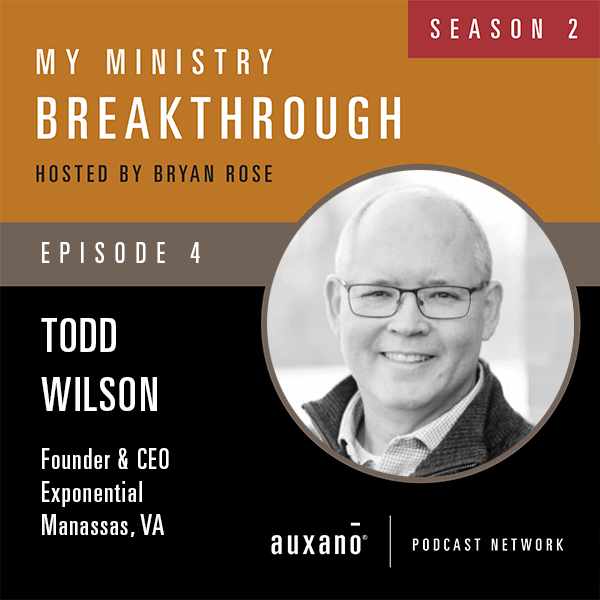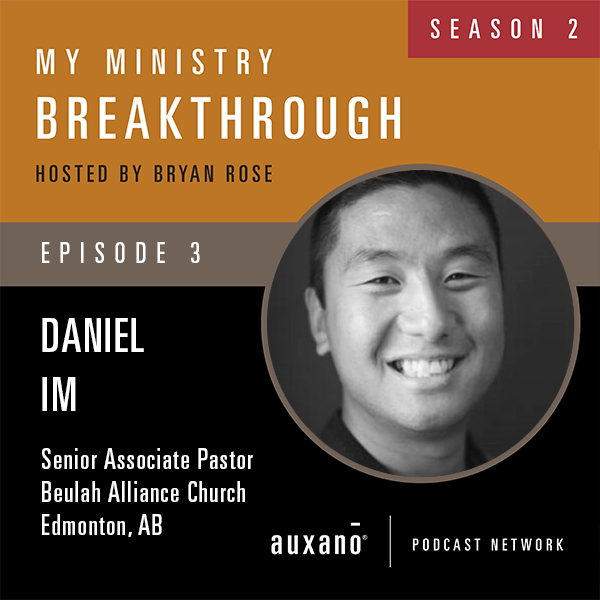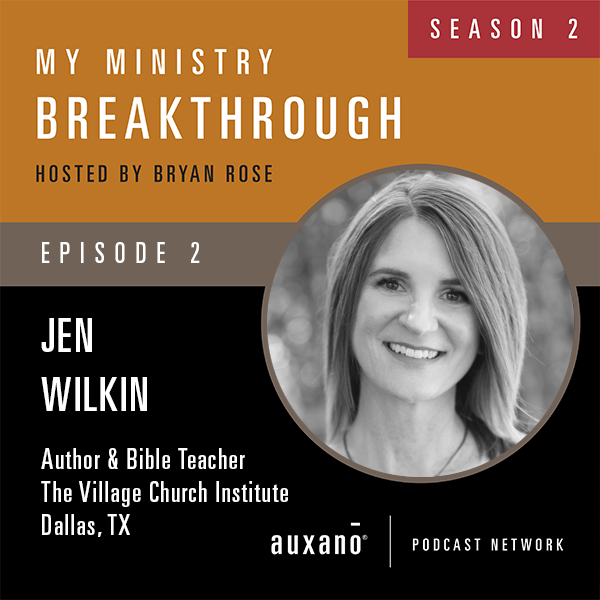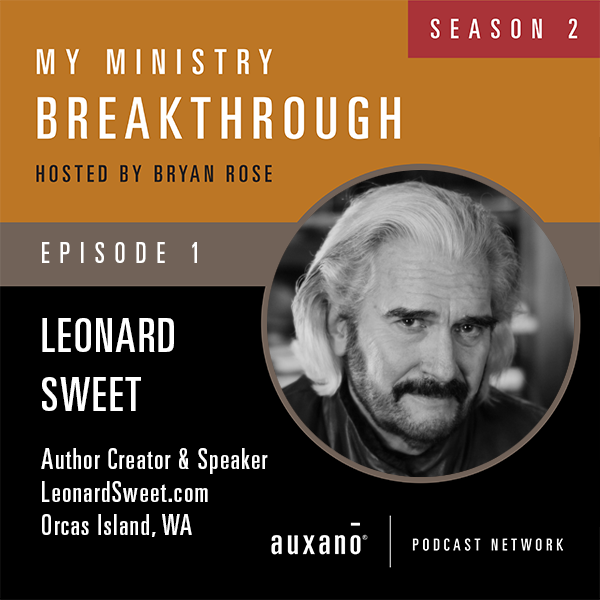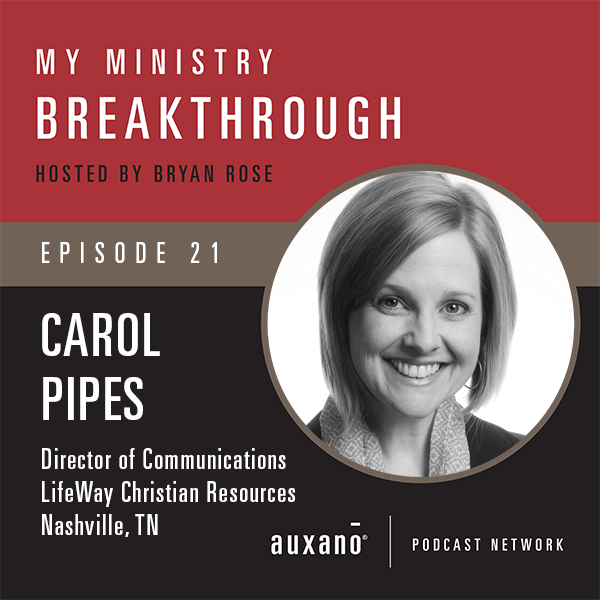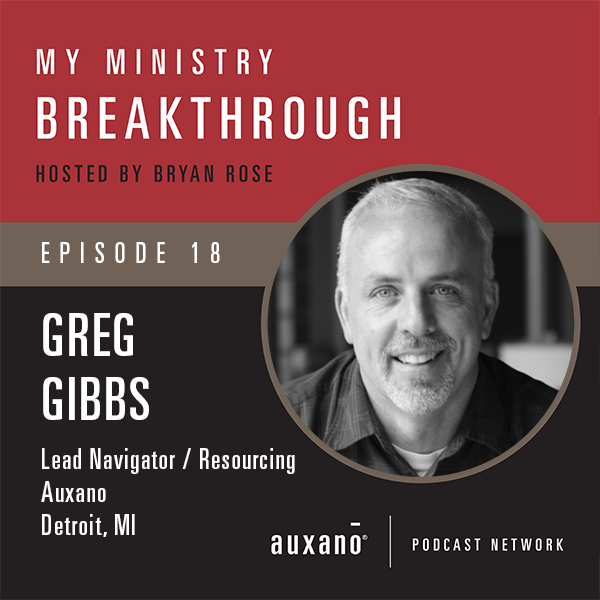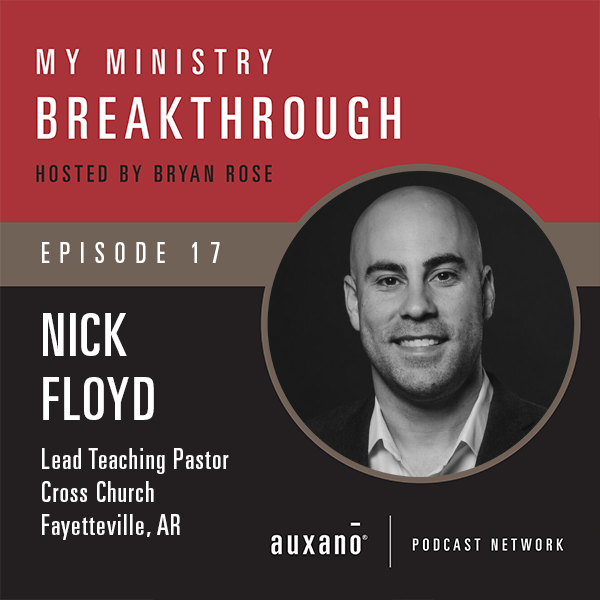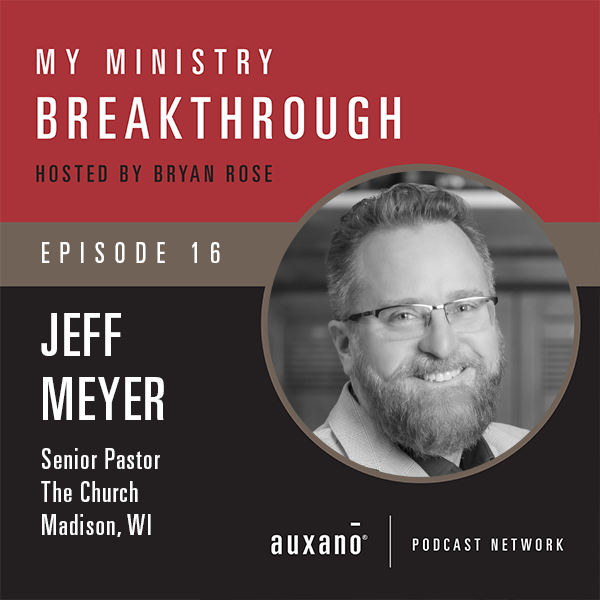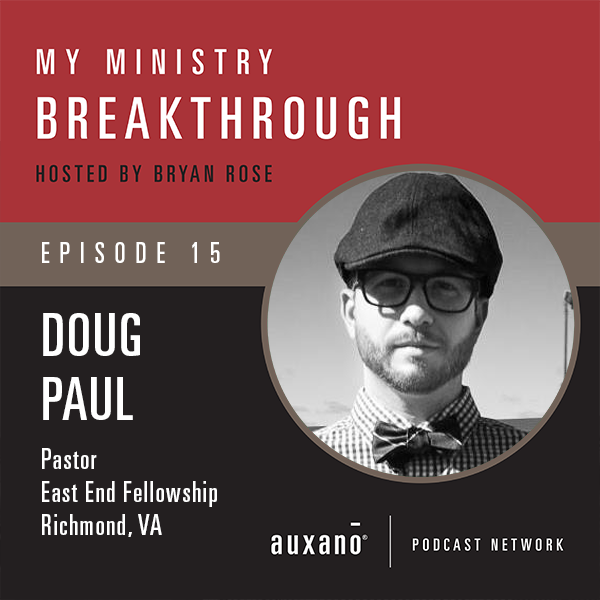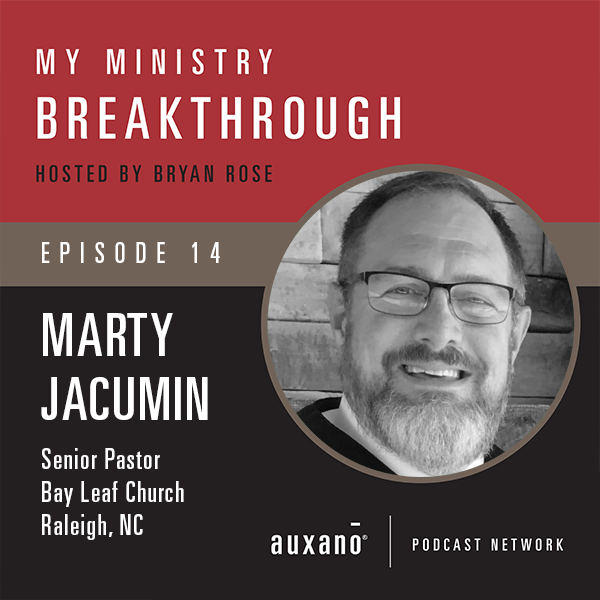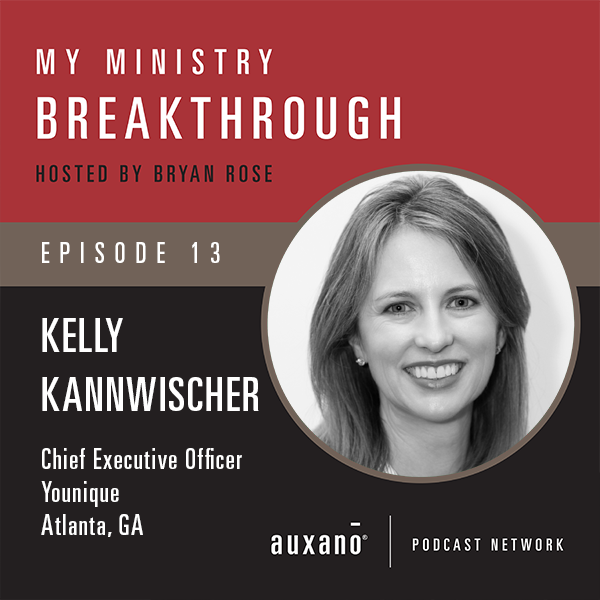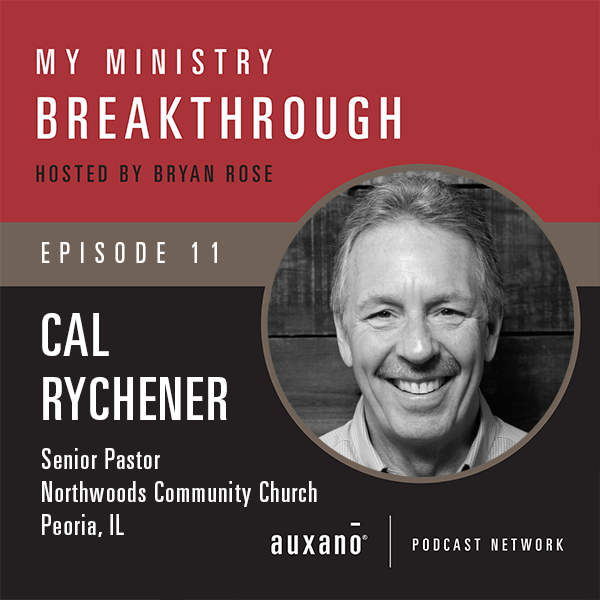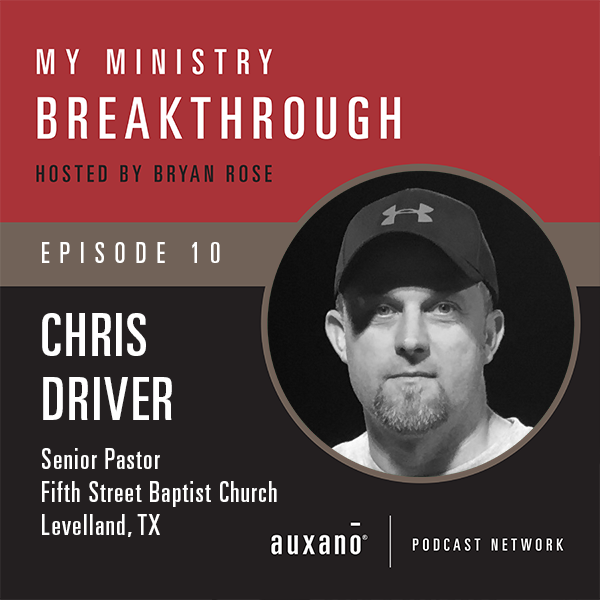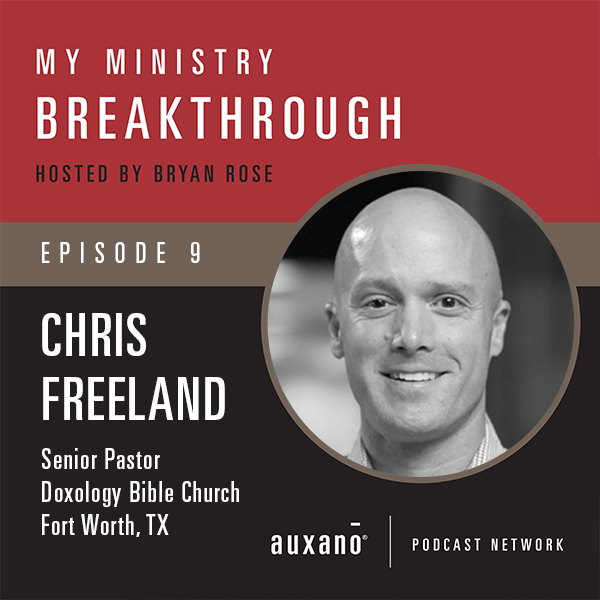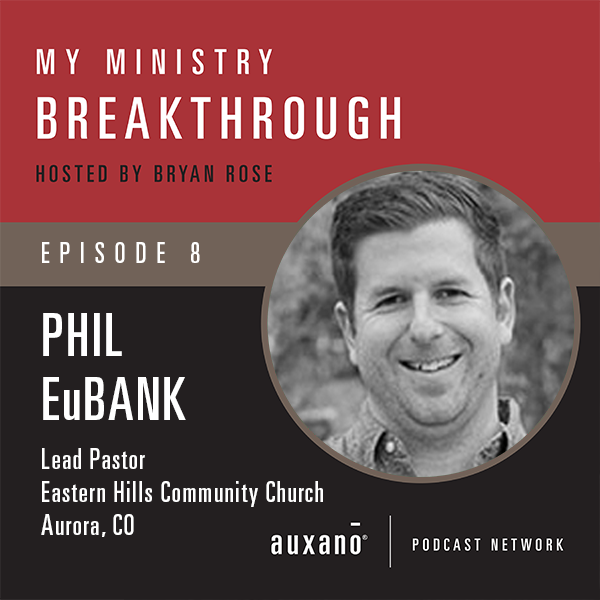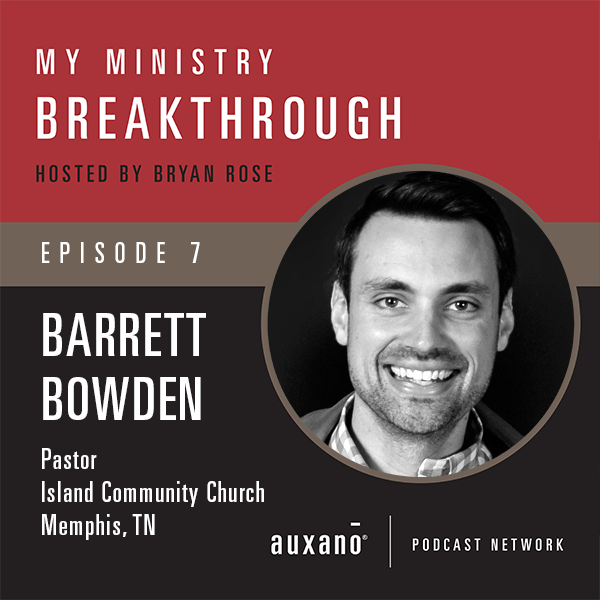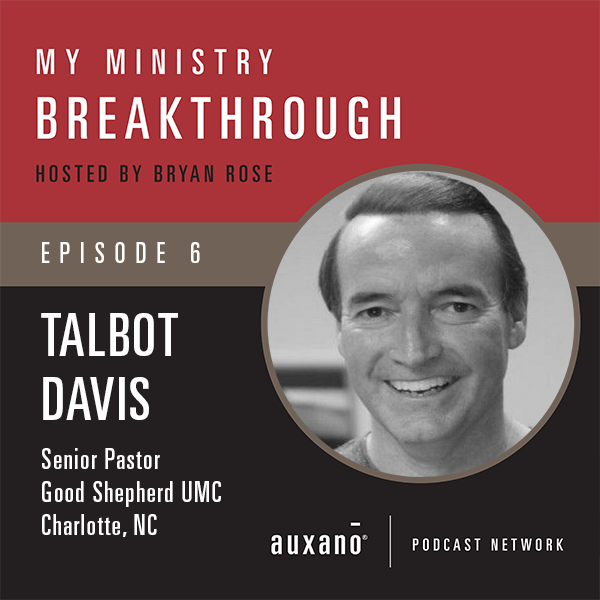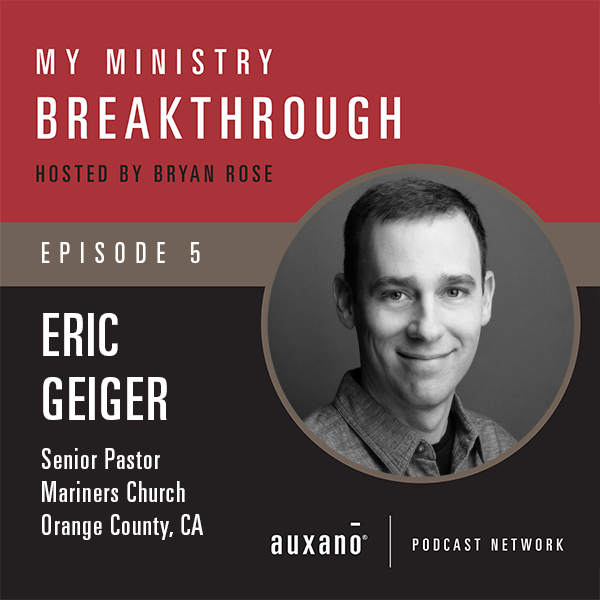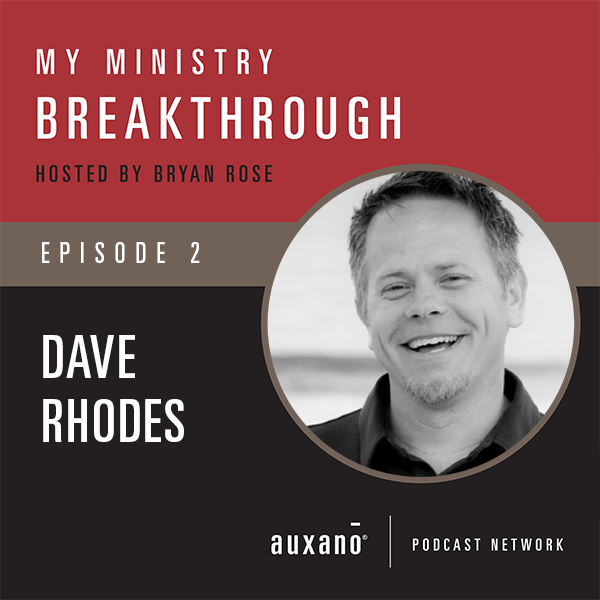2_11: Jay Cull: Disciples are made through personal calling not church programming.
Breakthrough ideas with Jay:
- What does it look like to move from being a “church for the unchurched” to being a “church among the unchurched?”
- How do we activate and motivate people where they live, work, and study and play to carry their faith beyond the church into neighborhoods and workplaces?
- What does a shift from attractional to incarnational ministry look like?
- We’ve been trying to answer the question in our services for a long time, “Is God relevant?” Now, we’re saying, “How can we help folks encounter God in our midst and carry that everywhere we go?”
- So we’re not asking the question, “Is God relevant?” We’re asking the question, “Is God here?”
- How can we encounter God in that space in our public gathering?”
- To encounter God, those that lead and prepare all week or all month for that service have encounters with God, so it becomes an overflow expression.
- “Hey, what if we relied on prayer first?” It was the tip of the mission.
- But 30 minutes before service, we’ll gather and ask, “What do we sense God saying? What are the micro shifts for the day?”
- If you are not well-prepared, you would not be able to receive the last minute micro-shifts from God.
- When it comes to planning, if you don’t have something to deviate from, then everything’s a deviation and exhausting.
- What happens when God’s presence is very tangible, palpable, and folks are finding freedom?
- We realized that we are not used to experiencing the presence of God in such a tangible way in our services.
- We’re doing the work to encounter God personally, and it’s spilling over into our services.
- We’re trying to build this relational connection, not just with each other, but with the God that we’re serving.
- We’ve been hardwired to be good at this connecting with God and people and doing it all simultaneously.
- Praying is leadership. What if we prayed as if it’s our only resource?
- We’re a well-resourced church in an upper class– we’ve got plenty of ideas. But let’s pray as if it’s our only resource
- What we’ve tried to do is not just talk about it, but from the platform, help folks engage in a prayer practice.
- We’ve begun to use the stage as a place of equipping.
- When I’m talking to God, where can I go in my imagination? I mean, what does it look like?
- We are deploying people from the room on Sunday to go and live their faith the other six days of the week in the different venues God has placed them.
- We’ve elevated the stage to place people in spectator mode with their faith.
- How do we change the stage from a place to watch, into a place of encounter? We facilitate a meeting that they can carry with them.
- It has been amazing to help everyone get personal clarity.
- The church is here to help accomplish what God wants to do in your life.
- In the Younique process, we are helping the individual say, “Hey, how do I be a disciple that makes disciples different than the person next to me?”
- How do we have a person who knows how to help many folks reproduce so we can have an exponential movement?
- I want to activate healthy, Spirit-led reproductive leaders that lead communities that change communities. That’s what I want to get after.
- Are we deploying people into their calling through this Younique process by helping them find their two words and attributing all the rest of the clarity to that?
- We’ve taught people how to coach and disciple others. Younique happens to be a great process, a context to help folks become trainers.
- In 30 seconds, what if I could get to the heart of what’s going on with my neighbor? And not because they have the same language, but because I understand how to get to their core.
- Be a person of the Scriptures. Don’t just master them, let them master you.
- Be a person of prayer. Learn how to have a conversation with God until just it’s normal.
Breakthrough resources in this episode:
Fathered by God by John Eldredge
Younique: Designing the Life that God Dreamed for You by Will Mancini
Jay Cull leads as Pastor of NextGen/Missions at Heartland Community Church just outside of Kansas City, Kansas. His life calling is coaching leaders in toward breakthrough clarity to lead communities that change communities. Jay’s a former church planter, businessman turned pastor, coach and consultant. He enjoys the outdoors, especially biking, hiking, and skiing, with his family – wife of 24 years and three adventurous children.
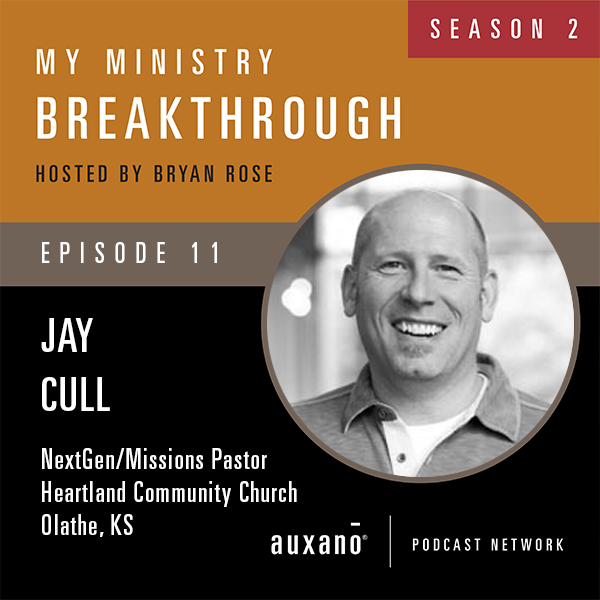
Podcast: Play in new window | Download
Subscribe: Apple Podcasts | RSS | More
